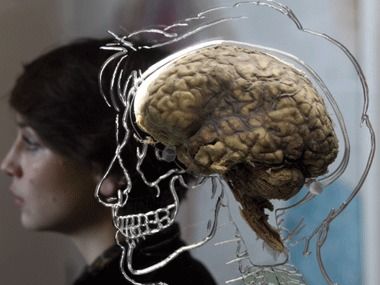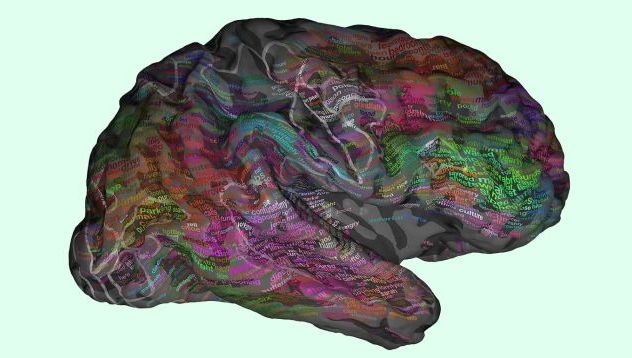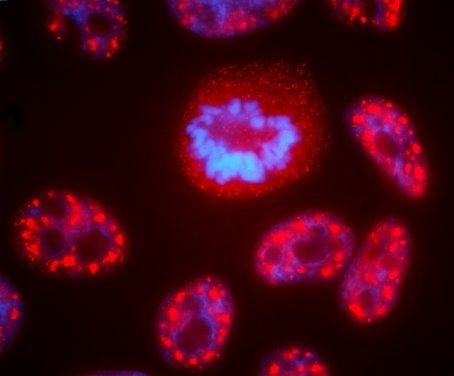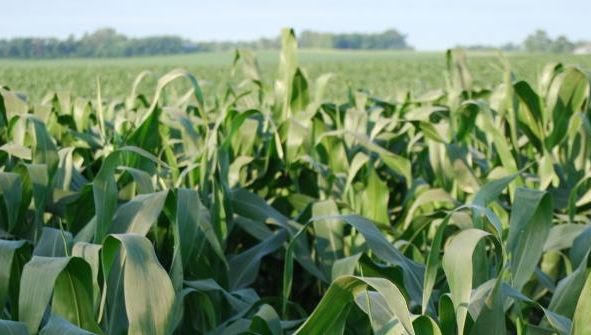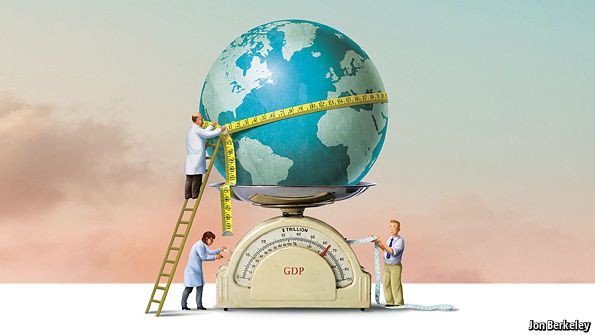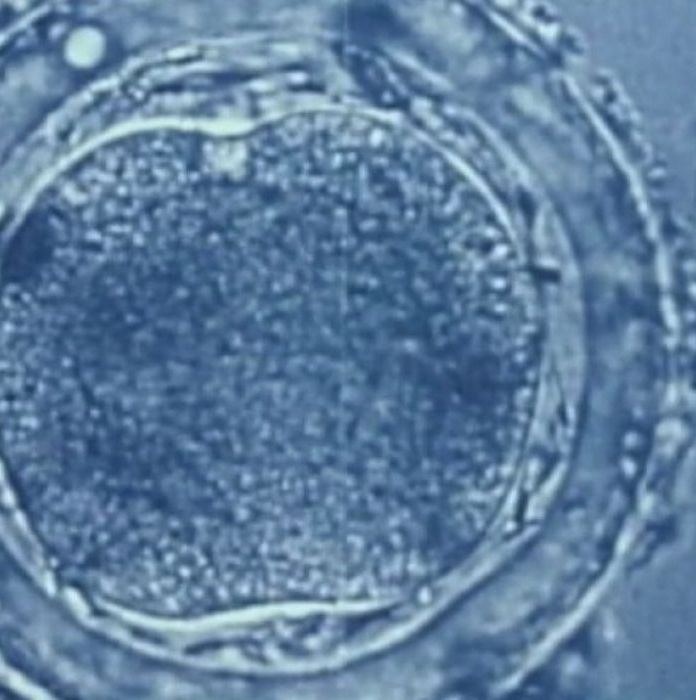Page 11535
Apr 28, 2016
DNA used to build the world’s smallest thermometer
Posted by Karen Hurst in categories: biotech/medical, nanotechnology
DNA used in a thermometer.
A thermometer 20,000-times smaller than a human hair has been developed by researchers using DNA that is capable of measuring temperatures within living cells.
The thermometer, unveiled this week in the journal Nano Letters, was built by scientists at the University of Montreal and is expected to improve human understanding of nanotechnologies.
Continue reading “DNA used to build the world’s smallest thermometer” »
Apr 28, 2016
Molecular architects: how scientists design new materials
Posted by Karen Hurst in categories: habitats, materials
When Thomas Edison wanted a filament for his light bulb, he scoured the globe collecting thousands of candidates before settling on bamboo. (It was years before people were able to make tungsten work properly.) That’s our traditional way of getting materials. We picked up stones for axes, chopped wood for housing and carved tools out of bone.
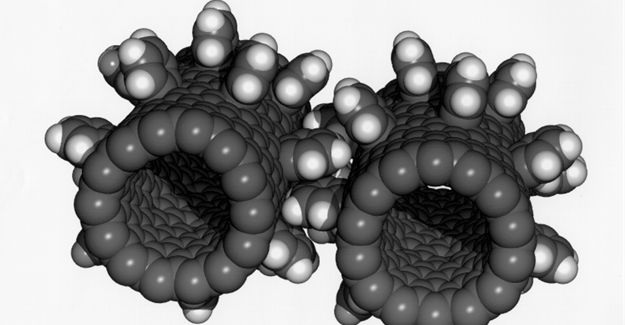
Apr 28, 2016
Now, a brain map to help decode inner thoughts
Posted by Karen Hurst in categories: biotech/medical, neuroscience
Cool
New York: Scientists have built a “semantic atlas” or a brain map that identifies areas that respond to words having similar meanings. The finding can help give voice to those who cannot speak such as victims of stroke, brain damage or motor neuron diseases.
Apr 28, 2016
New Brain Map Shows Where Words Are Stored Inside Your Head
Posted by Karen Hurst in categories: biotech/medical, neuroscience
New keys unlock how words are stored in our brains.
Researchers have created a new map of the human brain which shows where we organize words depending on their meaning—and it could help us read minds more accurately than ever.
Scientists from the University of California, Berkeley, have published an interactive version of the map online. It allows you to explore the whole brain, clicking around to see where different types of words—from social and spatial, to violent and visual—are stored.
Continue reading “New Brain Map Shows Where Words Are Stored Inside Your Head” »
Apr 28, 2016
Math points to 100-times faster mapping of gene activity
Posted by Karen Hurst in categories: bioengineering, biotech/medical, chemistry, mathematics
New research by UCSF scientists could accelerate – by 10 to 100-fold – the pace of many efforts to profile gene activity, ranging from basic research into how to build new tissues from stem cells to clinical efforts to detect cancer or auto-immune diseases by profiling single cells in a tiny drop of blood.
The study, published online April 27, 2016, in the journal Cell Systems, rigorously demonstrates how to extract high-quality information about the patterns of gene expression in individual cells without using expensive and time-consuming deep-sequencing technology. The paper’s senior authors are Hana El-Samad, PhD, an associate professor of biochemistry and biophysics at UCSF, and Matt Thomson, PhD, a faculty fellow in UCSF’s Center for Systems and Synthetic Biology.
“We believe the implications are huge because of the fundamental tradeoff between depth of sequencing and throughput, or cost,” said El-Samad. “For example, suddenly, one can think of profiling a whole tumor at the single cell level.”
Apr 28, 2016
New genetic tools to boost productivity
Posted by Karen Hurst in categories: biotech/medical, food, genetics
There’s a precision genetic tool being put to work in crop breeding that offers benefits for future elite, high-performing crops. Pioneer is moving forward with work on a commercial hybrid.
With CRISPR-Cas it’s possible to do precision gene insertions (or deletions) in a crop genome that boost productivity or enhance other traits. This isn’t a GMO because the work done involves traits from the same species — corn gene into a corn plant, for example.
Continue reading “New genetic tools to boost productivity” »
Apr 28, 2016
These old black-and-white photos were colorized
Posted by Shailesh Prasad in category: robotics/AI
Researchers at Waseda University in Tokyo have created a way to realistically colorize black-and-white photos without any human intervention for the first time ever. The team’s approach is based on convolutional neural networks — a type of machine learning originally inspired by the visual cortex of a cat.
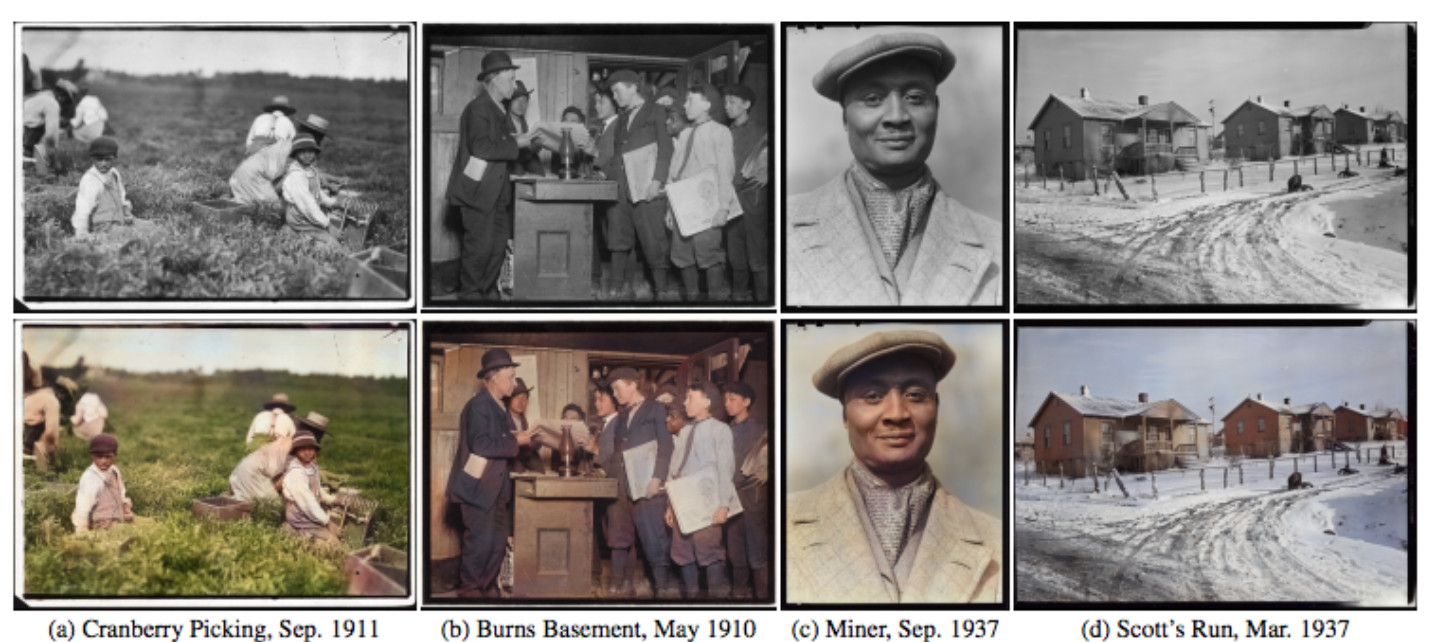
Apr 28, 2016
How to measure prosperity | The Economist
Posted by Odette Bohr Dienel in categories: economics, governance
Tags: GDP, Statistics, Well-being
Apr 28, 2016
Spanish scientists create human sperm from mature skin cells in search for infertility solution
Posted by Shailesh Prasad in category: biotech/medical
Scientists in Spain say they have created human sperm from skin cells, which could eventually lead to a treatment for infertility.


